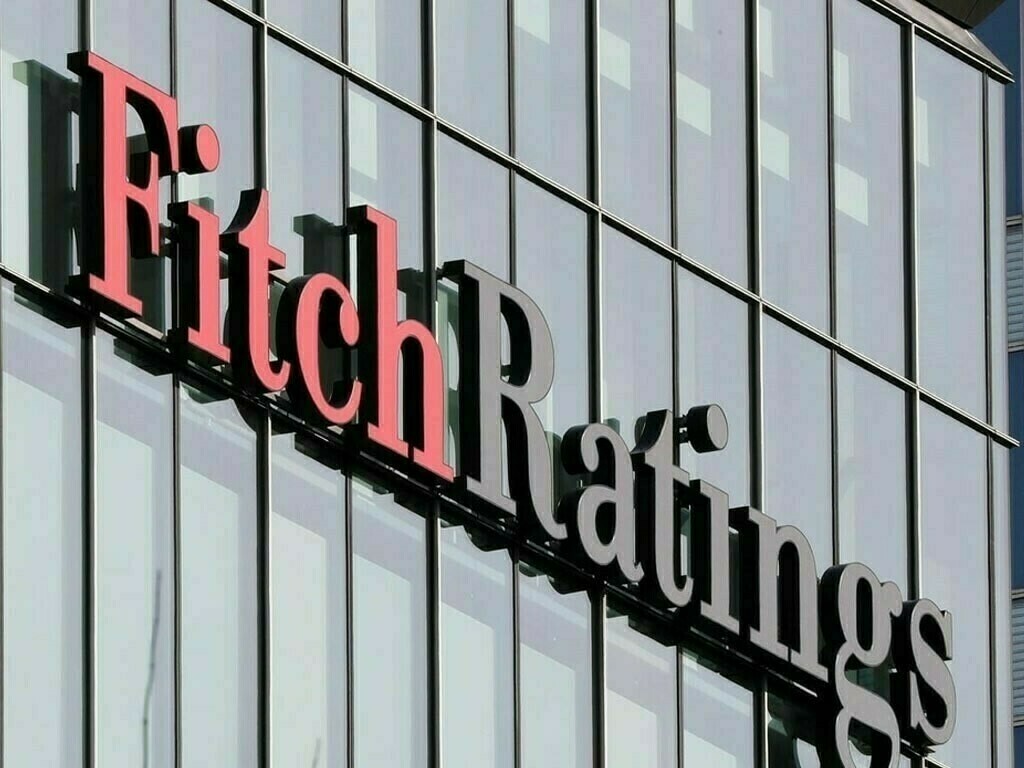Fitch Ratings has upgraded the nation’s Long-Term Foreign-Currency Issuer Default Rating from ‘Restricted Default’ (RD) to ‘B-‘ with a Stable Outlook. This significant leap signals a potential turnaround in Ghana’s relentless pursuit of economic stability.
The upgrade comes on the heels of Ghana’s successful restructuring of a whopping $13.1 billion in Eurobonds back in October 2024.
This, coupled with improved engagement with its external commercial creditors, has clearly caught Fitch’s eye.
According to Fitch, only $2.6 billion of external debt is left on the chopping block, with a mere $700 million of that figure categorized as commercial debt. This dramatically minimizes the risk of stubborn holdouts derailing the country’s recovery efforts.
Ghana also sealed a crucial deal in January 2025, ratifying an agreement to restructure $5.1 billion in bilateral official debt. The government is optimistic, eyeing the completion of all external debt restructuring by the close of the year.
This improved rating arrives despite a widened primary fiscal deficit, hitting 3.9% of GDP in 2024, largely fueled by election-year spending. However, the new administration has reportedly committed to a strong fiscal consolidation, aiming for a 0.5% primary surplus in 2025.
This ambitious goal is expected to be achieved through reduced expenditure and a decline in inflation.
Fitch is forecasting a substantial drop in Ghana’s public debt, projecting it to fall to 60% of GDP in 2025 and 2026 – a stark contrast to the 93% recorded in 2022. This optimistic outlook is attributed to robust nominal GDP growth, the cedi’s appreciation, and ongoing fiscal discipline.
The nation’s international reserves have also seen a healthy rebound, reaching $6.8 billion in 2024, with expectations for continued growth.
Looking ahead, inflation is projected to cool down significantly, dropping to 15% in 2025 and 10% in 2026.
Meanwhile, real GDP growth is expected to remain strong at 4% in 2025, propelled by a recovery in the agricultural sector and expansion across industry and services.
Ghana continues to maintain an Environmental, Social, and Governance (ESG) score of ‘5’ for Political Stability and Governance, a nod to its consistent record of peaceful political transitions and moderately stable institutional quality.

